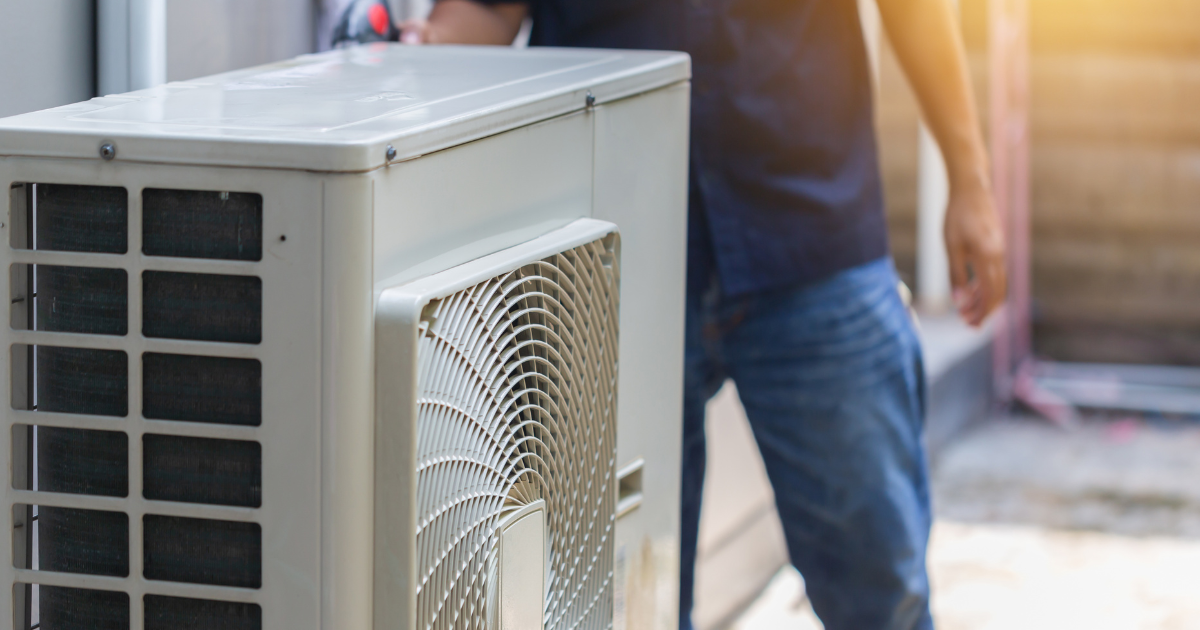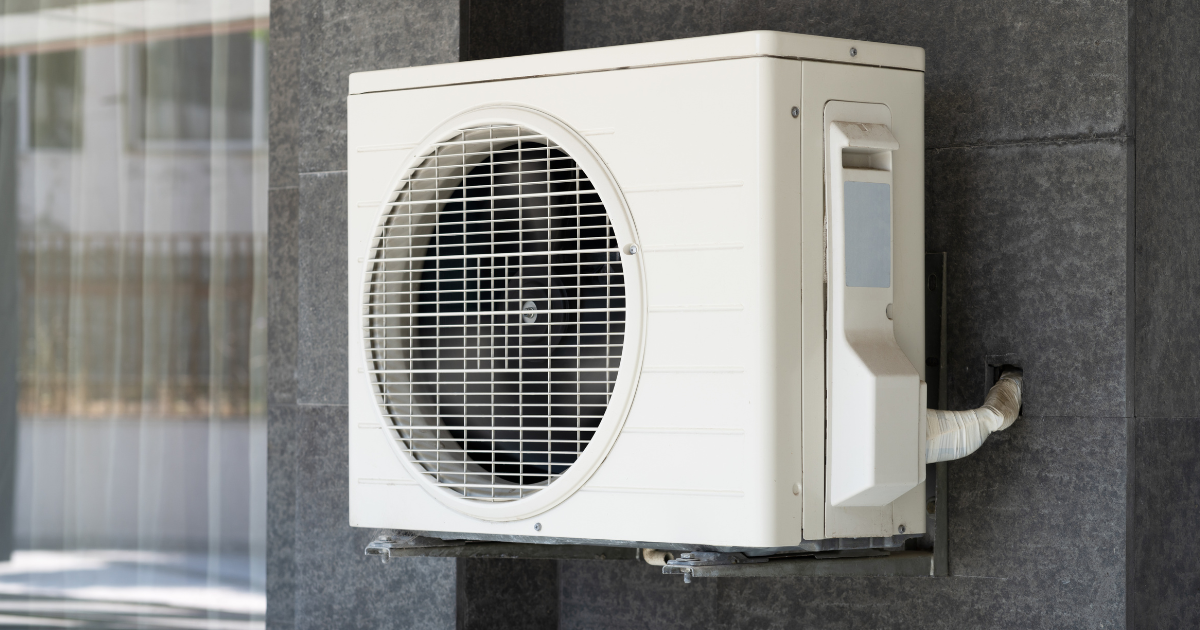Things to Check Before You Buy a New Home
Buying a new home can be both a nerve-racking and exhilarating experience. With all those emotions filling you at once, it can become all too easy to focus on the big back yard and open foyer. However, focusing too much on the aesthetics often causes home buyers to forget about the functional parts of the home. This mistake could cost you heaps of money in the future as well as pose health hazards if you decide to move into the home without addressing its issues.
While you should always have a professional inspector examine the house before you close on it, you can make a better decision of which home to purchase if you spot issues during your house showing. Keep these systems in mind when deciding whether or not to move forward with a sale.
Signs of Water in the Basement
Water in the basement can pose several risks. For one, moist, dark basements are the perfect environment to foster mold growth, which can cause illness in family members, especially those who are already sensitive to air quality, such as people with asthma. Second, water that travels along structural elements, such as in the ceiling or exposed beams in the basement, can weaken the structure of your home.
During your house showing, sniff for musty odors in the basement, and look for signs of water leakage, which can include:
- Damp walls
- Rotting wood
- Mold
- Water stains
- Standing water
There can be many causes of a damp basement, including a poor foundation, damaged pipes, or improper gutter installation. Be sure to identify the cause before you move in so you know how much repairs will cost and can determine if the house is still worth buying.
Damage to the HVAC System
When you move into your new home, it’s important that the HVAC system is in proper working order. Without a working system, you could end up with heat stroke if you’re moving in during the summer, or you’ll be extra chilly if you’re moving during winter. Not only that, but if you have to replace the entire system, you’re looking at spending an extra $2,300 – $4,900 for a brand new unit.
Start by making sure the model and capacity are the right size for your home. If it’s not, you’ll end up expending more energy than you need to and/or feeling uncomfortable in your own home. Generally, you’ll want to have a professional inspect the system to ensure it’s working properly.
Issues with the Plumbing
If a pipe springs a link, your family can be in big trouble as this can cause mold growth and structural damage to the home. If all of that is already present before you buy the house, you’ll want to weigh the costs and benefits of having to make repairs once you move in. Be sure to turn on the faucets to check the water pressure and how well the water drains down the pipes. Also make sure you look for signs of leaks around sinks and tubs. If a pipe is leaking, you may notice mildew, sagging floors, water stains, or in some cases, standing water.
Problems with the Electrical System
While the realtor might flip on lights for you as you pass through the home, you’ll want to inspect the electrical system closer than just determining whether you get power to the rooms or not. For example, find the breaker box to assess how easy it is to access and whether it’s in good condition or not. You’ll also want to keep an eye out for power outlets to make sure the home has enough. This is a step many new home buyers forget, but choosing a home with enough outlets for your needs will prevent you from having to call someone in to install new ones.
Inspecting a home’s systems now for damages and necessary repairs can help you make a better decision on which home to buy. If you do find areas of concern, pointing this issues out can help you negotiate a lower price and prepare you for future home repair costs. However, it’s always a good idea to hire a home inspector before closing on the house to get a professional opinion.

Bob Jenson
For over 45 years, Bob Jenson has been providing quality heating and air services to the San Diego community.
Request Service
Please fill out the form below to request an estimate or schedule service.
"*" indicates required fields







